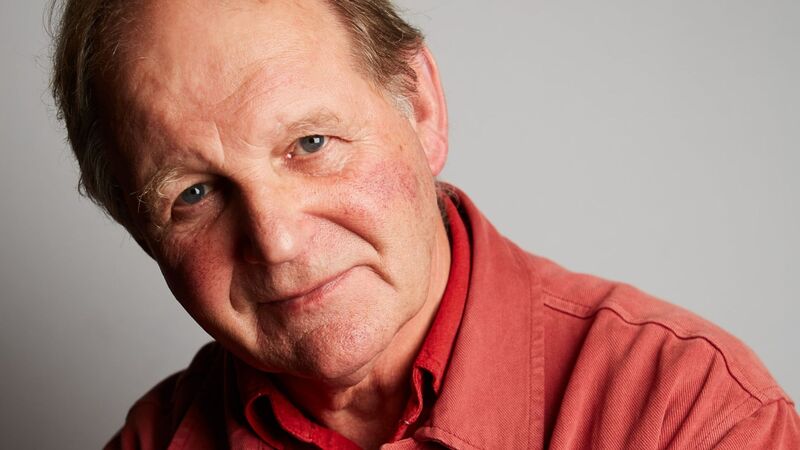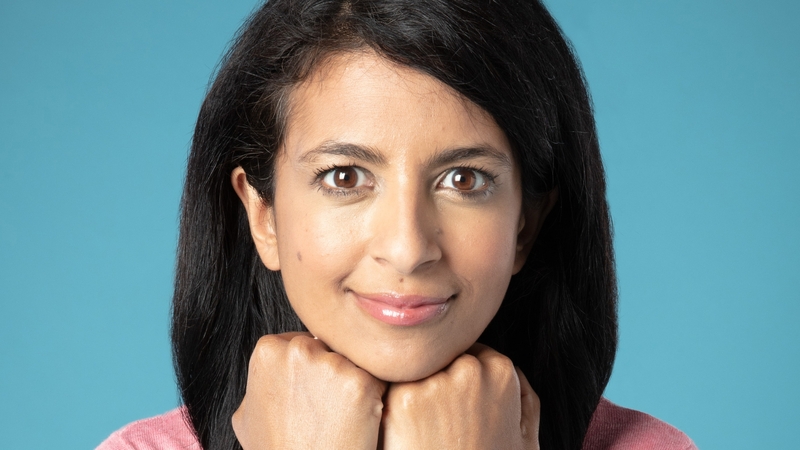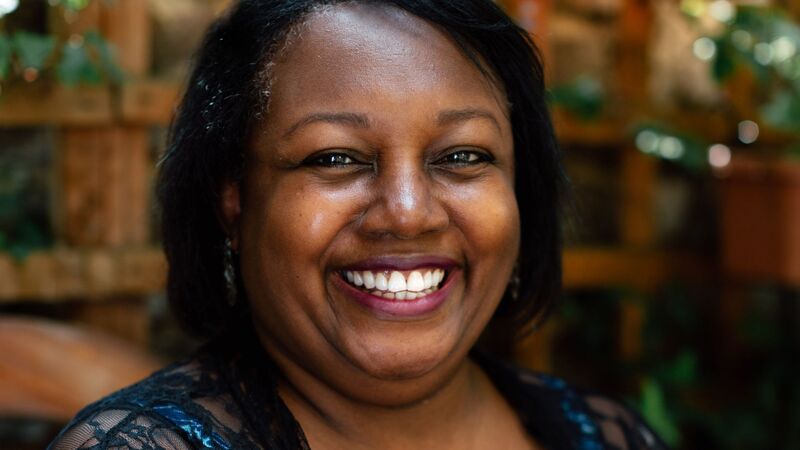You are viewing your 1 free article this month. Login to read more articles.
#PublishingPaidMe lays advances bare
Writers including Malorie Blackman and Nikesh Shukla have urged writers of colour not to give up and that their stories matter, as the #PublishingPaidMe hashtag took off over the weekend to illustrate the disparity between the advances paid by publishers to non-Black authors versus Black authors.
The call for transparency around advances was issued on Saturday (6th June) by urban fantasy novelist L L McKinney "to highlight the disparity between what's paid to non-Black authors vs Black authors" as opposed to non-Black people of colour. However, it was answered by hundreds of authors on both sides of the Atlantic, including by non-Black people of colour, and by big names such as Roxane Gay and Matt Haig.
Made all the more stark as some white authors revealed their latest advances for multiple hundreds of thousands, Blackman urged "people of colour" not to let the disclosures put them off a career as a writer or illustrator: "A plea to POC embarking on a writing career," she said, "PLEASE don't let #PublishingPaidMe put you off being an author and/or illustrator if that's the career you're currently pursuing. Your voice, your work, your stories matter. The situation will improve. It has to."
Blackman conceded she "never in my life received anything like the sums being posted by some white authors on #PublishingPaidMe", despite being on her 70th book, while Nikesh Shukla, author of the forthcoming memoir Brown Baby (Bluebird), revealed he wasn't paid an advance for his first two sole-authored books.
Shukla said: "Okay, look... yes, things are bad but... YOUR STORY MATTERS. It really does. Keep writing. Please. We cannot afford to lose more stories.
"Hopefully the hashtag will galvanise those who can make decisions to do what they need to do to take steps to address the disparity. In the meantime, please do keep writing. Please don't think what's the point. Only you can tell the story you want to tell.
"And if you don't tell it... no one else will."
With the Twitter campaign particularly taking off on the US where it originated, many were appalled as N K Jemisin, the first writer to win three consecutive Hugo best novel awards for science fiction and fantasy, revealed what she was paid. Jemisin commented that "advances aren't salaries and big advances aren't always desirable, but fuck yes they are an indicator of how racism impacts writers."
"The discrepancy along racial lines is very real," Bad Feminist author Roxane Gay told her followers, commenting further: "What on earth is going on in publishing to explain N K Jemisin’s advances??? She is like the most award winning SFF writer working today. Meanwhile all these randos I’ve never heard of get hundreds of thousands per book!"
"I like my publishers quite a lot but this is why alll those corporate statements about diversity are nonsense," she said. "A little Instagram post doesn’t make up for racial disparities in everything else."
Jesmyn Ward said: "Even after Salvage the Bones won the NBA, my publishing company did not want to give me 100k for my next novel. My agent and I fought and fought before we wrestled our way to that number."
J J Bola, author of No Place to Call Home (Own It!), weighed in that the #PublishingPaidMe hashtag "taught me that white writers can still get a bigger advance for their second book, even after the first book has flopped. Whilst Black writers aren't even given the opportunity to fail, never mind the struggle of getting an advance in the first place."
He added: "Obviously the US market is different to the UK market, so let's see. But got-damn, the disparities are WILD."
Advocating openness from both agents and publishers in their dealings with authors, Dialogue Books publisher Sharmaine Lovegrove noted the importance of recognising the particularities of different genres, as the money involved varies. "It’s REALLY important to understand the distinctions of genres when talking about advances," she said. "If publishers & agents were more open with their clients & authors about numbers & included the writers in the business decisions we wouldn’t have the battle that’s brewing."
McKinney said she had started the hashtag "to highlight the disparity between what non-Black authors are paid and what Black authors are paid". "One thing people don't really get from the #PublishingPaidMe tag is that some of these payments are second chance books. Third chance books. Fourth [chance] books. Black authors don't get that," she said.
"The next part of #PublishingPaidMe is getting Black authors what they deserve. That...will probably be much harder."



















